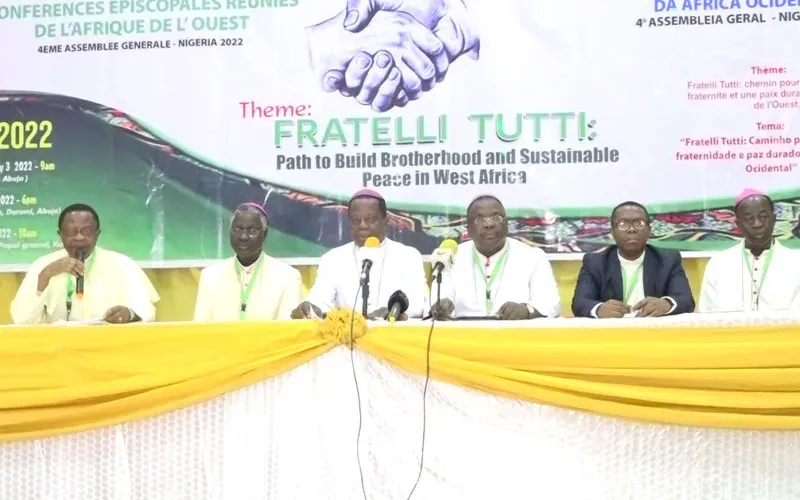Niamey, 09 August, 2023 / 9:57 pm (ACI Africa).
West African countries have been ravished by terrorism and cannot handle another bloodbath, Catholic Bishops in West Africa have said, and opposed any form of intervention in the Nigerian Coup that could lead to more deaths in the region.
Defense officials at the Economic Community of West African States (ECOWAS) have been mulling over a possible military intervention in Niger following the July 27 announcement of a coup in the West African country. Niger is bordered by Nigeria, Burkina Faso, Mali, Libya, Benin, Algeria, and Chad. Most of these countries are wreaked by terrorism and are on the list of places where Christians are persecuted the most.
In a statement they shared with ACI Africa on Wednesday, August 9, the Bishops belonging to the Regional Episcopal Conference of West Africa (RECOWA) warned that lives in Niger and her neighbours are at stake should military bosses in the region proceed with the offensives that they could be planning.
“We affirm and insist to ECOWAS and the African Union that any military intervention in Niger at this time would complicate the situation of the people of Niger and the sub-region more than it would provide solutions,” the Bishops said.
They added, “Terrorism already has a macabre toll of widows, orphans, displaced persons, the hungry, the maimed and so on. People are not expecting the regional, African and other institutions to add to this toll.”








